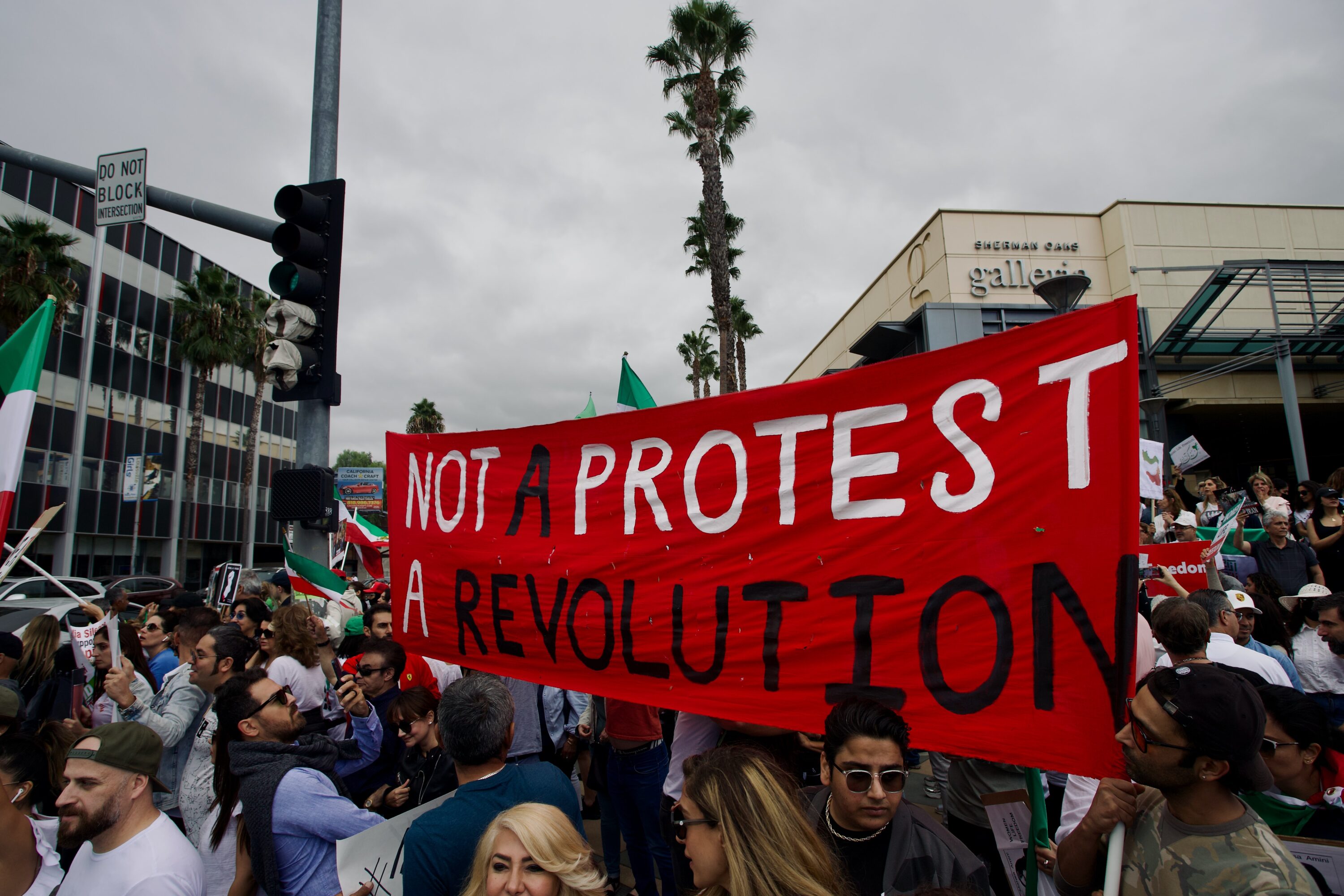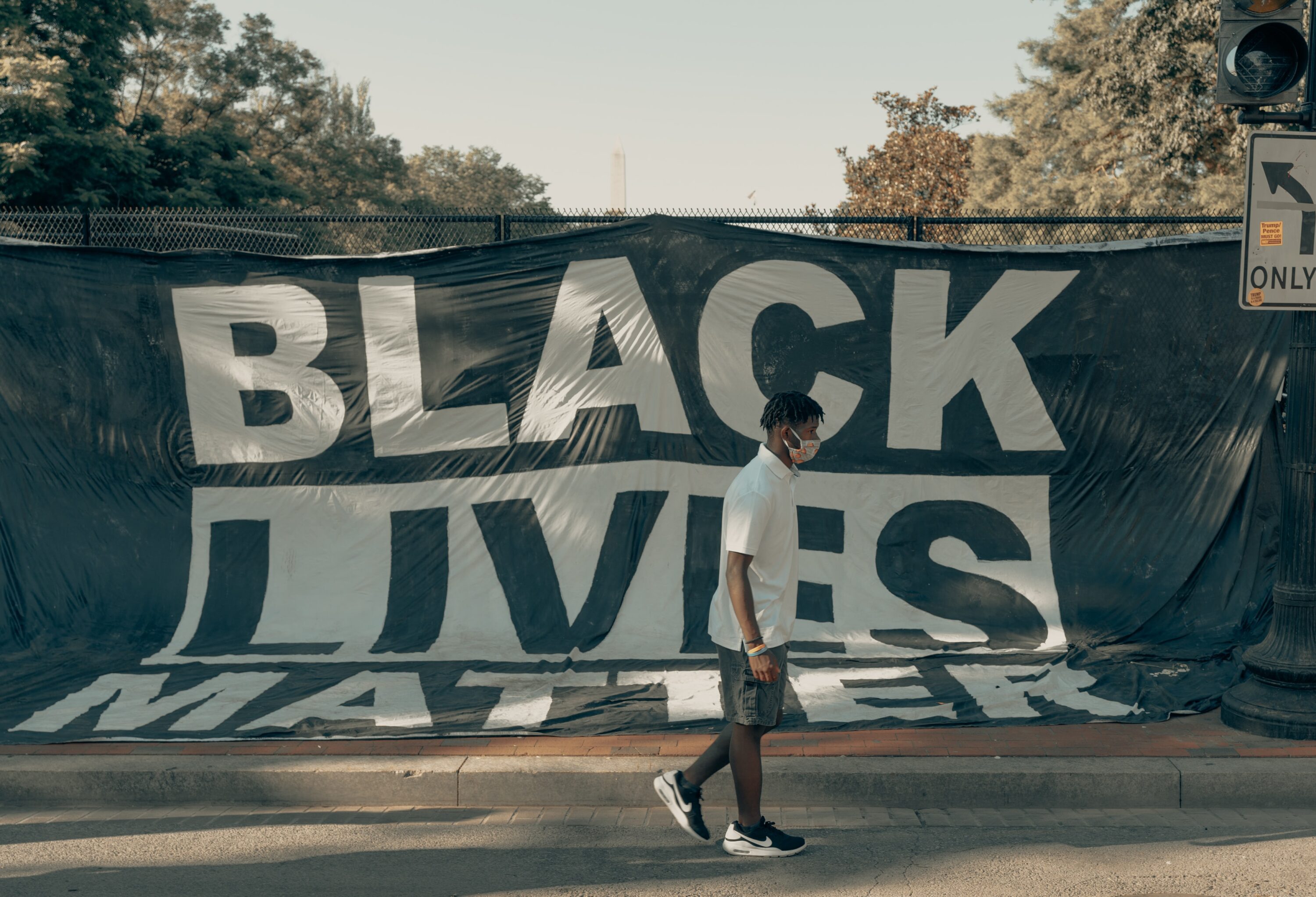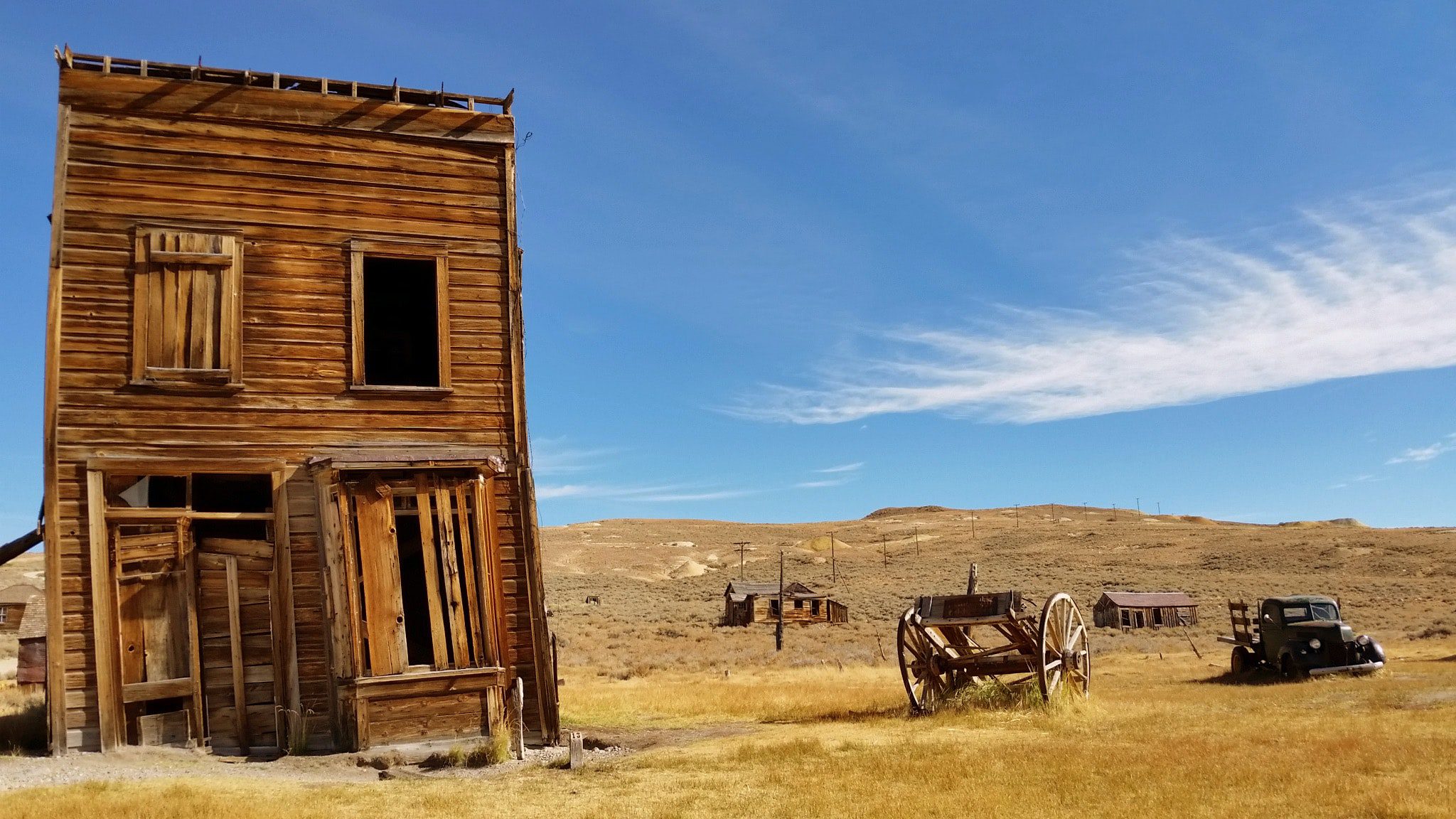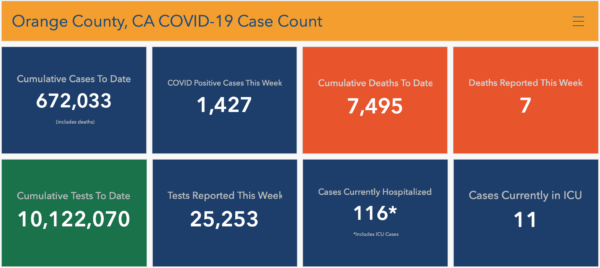“Zan, Zendegi, Azadi” (“Women, Life, Freedom”) is the chant coined by Kurdish women fighting for autonomy in the early 2000s. Today, it is elevated by protesters in Iran who, despite incredible violence and rolling internet shutdowns, demand an end to the Islamic regime following the Sept. 13 arrest and subsequent death of 22-year-old Mahsa Amini, also known by her Kurdish name Žina Emînî. Her life ended at the hands of Iranian morality police after detainment for “improperly” wearing her hijab. Once again, young women, and even children, are risking and losing their lives at the front of the charge.
“(Military) violence has even reached the point of beating and arresting a pregnant woman in the street and attacking a primary school for girls whose ages are between 7 and 12-13 years old, and their videos have been broadcast on the internet, and there are many reports of arresting high school students in schools,” an anonymous Iranian told HeySoCal on Oct. 13. “People don’t have any weapons and they fight with their handmade weapons but (the) government uses real weapons, toxic fumes and bullets.”
The individual’s identity is protected for fear of retribution.
Amini’s tombstone Kurdish inscription reads, ¨Jîna gyan to namirî. Nawit ebête remz¨ (Beloved Žina (Mahsa), you will not die. Your name will become a code.)
“#Mahsaamini” hit social media and as anger grows so does the outreach, as of this reporting the hashtag use has surged well into the millions. Iranian officials continue to try and block internet access, but tech-savvy Iranians have managed to break past barriers to send messages and videos all over the world.
On the ground, to minimize bloodshed and increase demonstrator stamina, protestors’ tactics have been randomized and sporadic. These types of demonstrations are able to mobilize and scatter quickly. Otherwise, the cause relies on media exposure and attention from the online world community.
“In Iran, everyone helps others in some way. We prevent the arrest of others by informing on social networks, distributing leaflets and the (forming a) wall (around) the leader of the demonstration,” the anonymous source said, “Our concern is the closure of virtual networks and severe filtering of the government’s use of violent suppression tools. Communication in Iran at this time has been difficult, most of the time the internet is completely cut off and it is not possible to bypass filtering, and some times of the day using some filter breakers it is possible to communicate with low internet speed.”
The U.S. eased internet sanctions on Sept. 23, and President Biden released an Oct. 3 statement supporting protests stating, “This week, the United States will be imposing further costs on perpetrators of violence against peaceful protestors. We will continue holding Iranian officials accountable and supporting the rights of Iranians to protest freely.” This, anonymous said, is not enough. In their opinion, political leaders of Iran should be restricted from traveling and/or benefiting from Western economics.
“According to the opinion of the majority of the people of Iran, (Western countries) have supported (the Islamic regime). The president, despite the opposition of the Iranian people in Iran and the Iranians in America, easily travels to America and brings a souvenir truck for his family. Despite the ban on the entry of American goods for ordinary people, even the entry of American vaccines was banned for ordinary people and caused the death of many people in the beginning of the CORONA pandemic. We know that banning (President Ebrahim) Raesi from traveling to America is against the rules of the United Nations but this person is a criminal and he committed crimes so there is no reason to deal with him according to law. In addition, many officials and their children have dual citizenship in the United States and European countries and have bank accounts in the United States…it is the request of the Iranian people, and the United States can say whether it supports the Iranian people for this request or not. Not with words but with actions.”
For Iranians, including Iranian-American academic activist Neyereh Tohidi, professor emerita and former chair of gender & women’s studies and the founding director of the Middle Eastern and Islamic studies at California State University, Northridge, the issue has moved past the possibility of elected reformation, and that this mobilization of resistance by the youth in Iran is on course for possible revolutionary change.
“Many people boycotted the elections because they have become convinced that the elections are not working. This regime is not capable of reforming itself,” she said, “We have 3 million university students. We have 6 million high school children. These are themselves, majority, overwhelming majority of them are against this regime. All of them young, fearless and fed up and frustrated and angry. Not only because they have been humiliated, (but) they have been repressed, oppressed (from) having a normal life or living like a young person. Their dress code, what music they listen to, what leisure time they have – everything is controlled and denied. They are angry and besides, the middle-class people are becoming poor, because of the economic stagnation and corruption and embezzlement.”
Tohidi’s research focuses on gender, Islam, and feminism and ethno-religious movements as well as civil society building, democracy and human rights with a focus on Iran and Azerbaijan. She served as a consultant for two UN agencies (UNICEF and UNDP) on issues concerning children and women’s status in the Caucasus and Middle East. She believes that the intersection of economic pressure, ethnic (Kurdish) and gender discrimination, and the patriarchal regime’s abuse fuels Iranian youth’s anger and resolve in these protests. According to World Bank data, Iran’s 2021 unemployment rate is 11.5% and inflation was at 30.6% in 2020. Yet, worker strikes, including in the oil and petroleum industry, are holding strong for the cause.
“The Regime is afraid of the working class. They need them. So when (the government) try to take on the streets, they get scared,” Tohidi said, “(The) young generation doesn’t see a future for themselves. Their parents (are not) gonna be even able to support them. They have to find work and rely on their own jobs. Unemployment is rising, especially among women, especially among educated women…they are fighting not only for the dignity (but) for their freedom, but also because economically they have nothing to lose.”
Former President Obama criticized his own response to previous protesting, including the 2009 Iranian Green Movement. Currently, the Biden administration is navigating the possibility of a nuclear deal with Iran but activists call for a pause in negotiations as the uprising continues.
In an interview with PBS’ Firing Line, Iranian journalist Masih Alinejad said, “You cannot be pro-democracy, you cannot say that we are for women’s rights. You cannot say, we care about freedom of expression, but at the same time, send billions of dollars to autocracy, to dictators. This nuclear deal is going to empower Revolutionary Guards, the killers, the murderers. And that is why I’m angry with the U.S. government.”
According to an Oct. 17 HAARETZ report, a nuclear deal is far from occurring. For Tohidi, the movement is only in its beginning and the world should tread carefully so as not to repeat political mistakes, incite state violence or overshadow the voices of the oppressed.
“We don’t want to do what we did in Iraq…what (the U.S.) can do is more political support, technological support, which is very important. We really need to compensate (for) this shutdown of the internet. And sure, America can do that with information security, or hacking or all sorts of ways to sabotage the regime. It doesn’t have to be like putting soldiers in Iran,” she added, “Of course it is against the national interests of Iranians for the regime to have (a) bomb and it is against the national interests of I would say everybody. But on the other hand, if Biden comes into a compromise with the regime and agreement about sanctions, and about this nuclear issue, then they are going to pay lots of money back to Iran. And that money can strengthen this regime. So we are worried about that. It’s a tricky question. Honestly, I don’t have an answer to that except to say that Biden should wait until this movement becomes stronger. And when the movement becomes stronger, then Biden can have a better negotiation with the regime. Or the regime’s hands become very weak, because when people are uprising against it, they cannot ask for a lot of money. This regime is bloody and has done so many criminal things … it’s really a challenge for many of us to see how we can end this regime without getting into a civil war or bloodshed.”
Currently, many are left wondering what they can do to support the protesters in Iran. Action items from the Persian diaspora include:
- Nationwide protest – Host a protest against the Islamic regime in solidarity.
- Donate to support VPNs and other boundary breakers that protesters use to communicate with the world through encrypted messaging softwares such as Telegram.
- There are many including the Torproject, a nonprofit organization working to provide private internet access. It provides download instructions in many languages including Farsi.
- Focused and intentional social media presence. Follow accounts that elevate protester experiences and demands. Many Persian Americans, including actress and writer Nazanin Nour, advocate for this consistent social media engagement for the cause.
- Write to senators and U.S. government officials to submit letters to the Biden administration in support of U.N. Investigative Mechanism to investigate crimes against humanity by the Islamic Republic.
- Stay up to date on the progress of events and work to understand the history of the Iranian Revolution.
For the diaspora, this pivotal moment is terrifying yet exciting. Persians living outside of Iran work to stay in contact with their loved ones as the world witnesses their bravery.
“We are hopeful, but we are worried too. It is a mixed feeling because it is possible that (the regime) is going to crush this.,” Tohidi said, “But it’s not reversible. Meaning that (the) things that have happened (and) the ideas that have been shared publicly – it has caused a paradigm shift that the regime can’t reverse.”
_______________________________________________
This story was written with the Farsi translation assistance of HeySoCal graphic designer, Renia Barouni.







